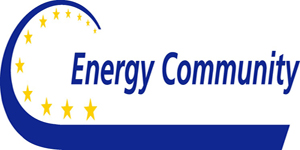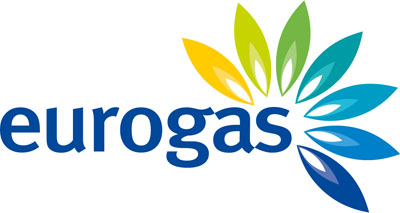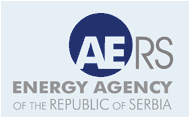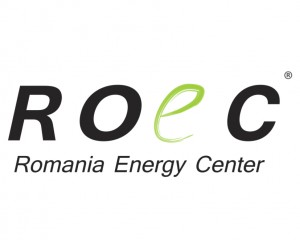Let’s get to the truth of things the Socratic, no the Sophist, way. The first truth is that the Spanish people are emotional, typical of Mediterranean peoples, and have a deep sense of dignity. In this context, they can be easily manipulated.
The prime minister of Spain, Mariano Rajoy, is an old-fashioned political leader who detests populism and follows the law and the Constitution. This is good in ordinary times and for ordinary people. It is not good when you have hundreds of thousands in the Ramblas. In this case, you must always speak the truth but in a language they can understand. Truth well told and tailor-made.
Catalonians think independence would imply fewer taxes. Indeed, 16% of the population of Spain contributes 20% to the national budget and gets back only 14% for public expenditures. Yet Catalans have a higher income and this must also be taken into consideration. If they become independent, they must at least pay for their own army, their own antiterrorist security and their own foreign affairs team. To set all this, is not cheap at all.
Independence may not fulfil the dreams of the Catalonians, but it can certainly resolve the legal problems of the former president and his entourage. Being that the real issue of the revolt, Carles Puigdemont tells people what they would like to hear and drives them where he wants, by simply appealing to their emotions and their dignity.
Puigdemont was never elected. He was appointed leader of Catalonia by his predecessor Artur Mas who was removed by the Court on corruption charges. Puigdemont is a very good communicator and a "drama queen”. He can manipulate his party, which consists of followers of the previous presidents (Mas, Pujol), genuine supporters of "independencia”, communists, anarchists and the like, who are not few in Catalonia. Catalonians are among the richest in Europe and can afford the luxury of staging the lumpenintelligentsia of Spain with the hearts of the left and the deep pockets of the right.
On the day of the referendum, no doubt there were clashes between the national police and civilians. What we all heard is that wounded civilians numbered between 700 and 800. The only precise number given officially by the (Catalonian) hospitals is four (4). But since the ancient times, perceptions are reality, and people think the wounded civilians numbered between 700 and 800, while some Catalonian blogs spoke of 1,000, just to round up the figure.
The situation in Catalonia is very tense and Spain needs no heroes. Legality is one thing, politics is another and right now the problem must be handled politically. Mariano Rajoy must forget the provisions of the Constitution and the law. After all, such things will be judged in the December 21 election.
The Spanish government must focus on corruption and make the excess. It must pack all political personalities, past and present, who face corruption charges into a plane, land them at The Hague and ask the International Court of Justice to judge – and get the Catalonian government to pay the fees. Fair and square. As for the European Union, it was mostly absent from this crisis and any time it was involved it did it in such a way that poured water in the mill of Carles Puigdemont.
Catalonians were citizens of the European Union way before Donald Tusk became and regardless of what he thinks. Therefore, the EU should either stay out of this business or should intervene in a conciliatory manner, trying to bring the two parties together. No more, no less.
*Basil A.
Coronakis is a Journalist, CEO of New Europe Group

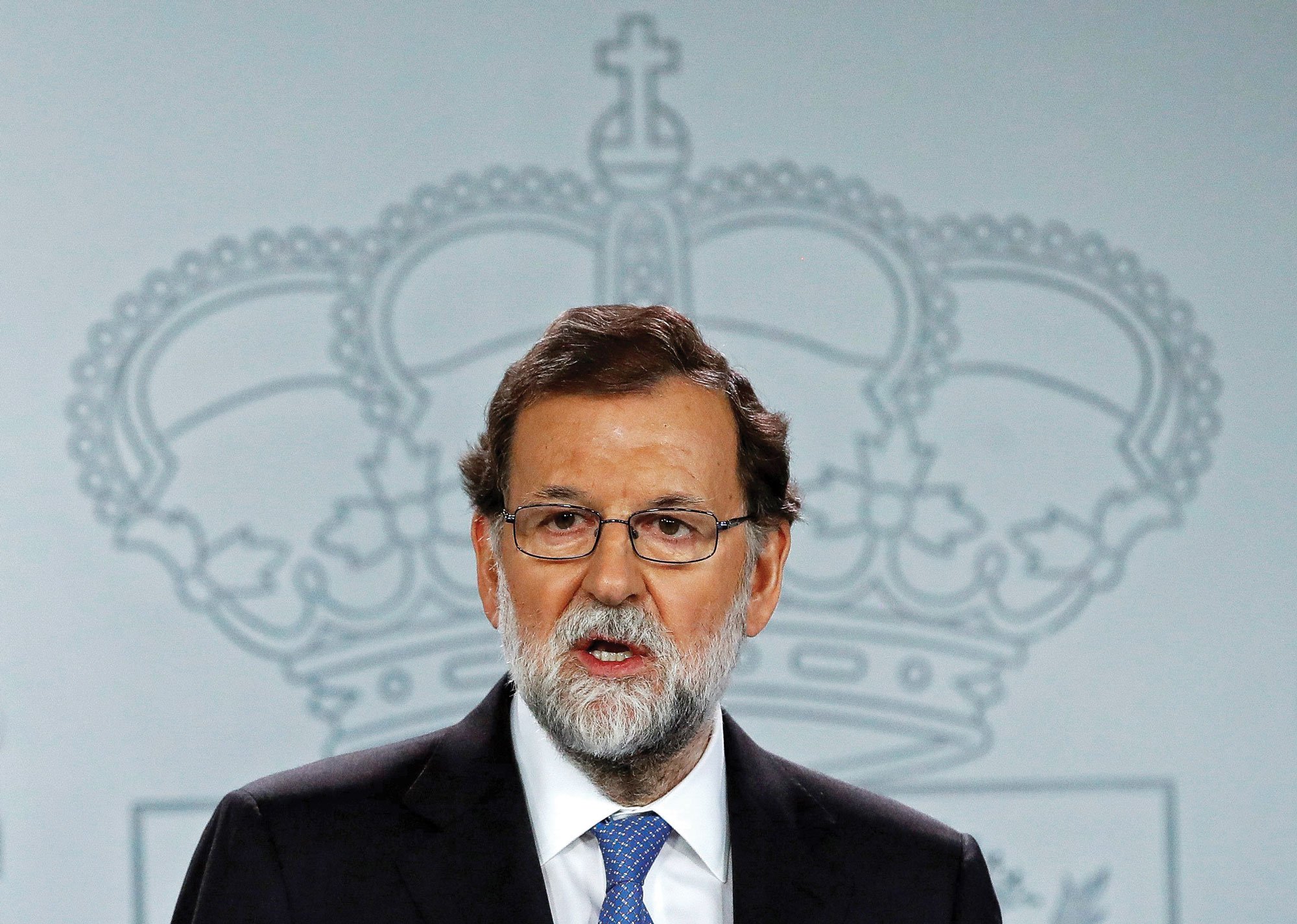 by Basil A. Coronakis*
by Basil A. Coronakis*
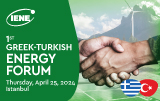


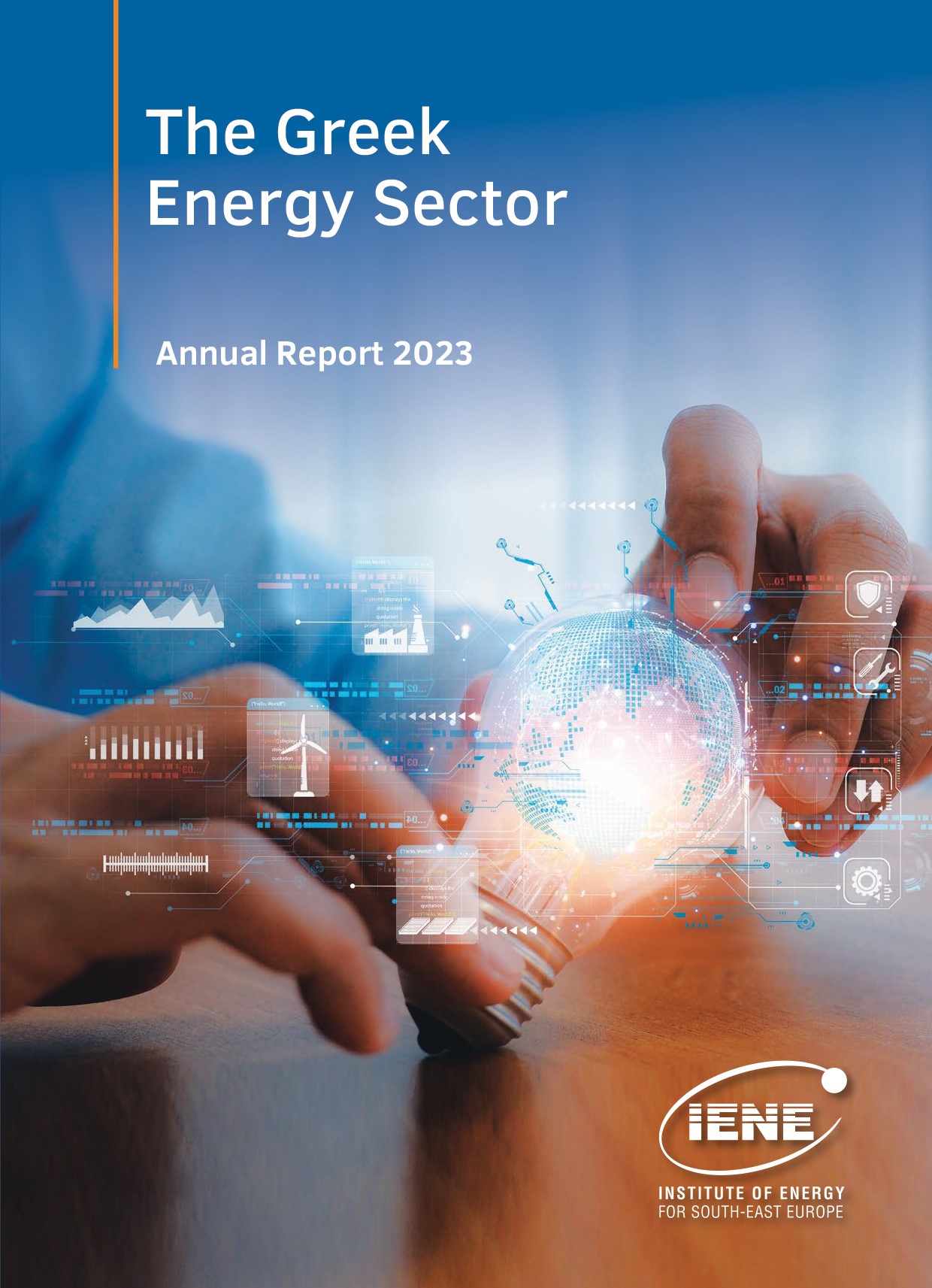
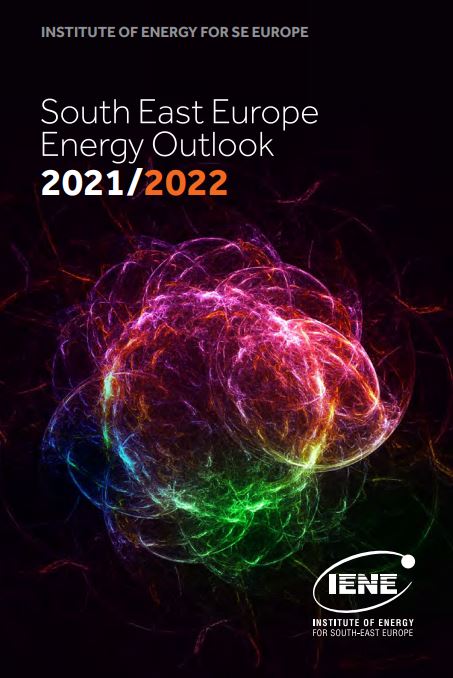
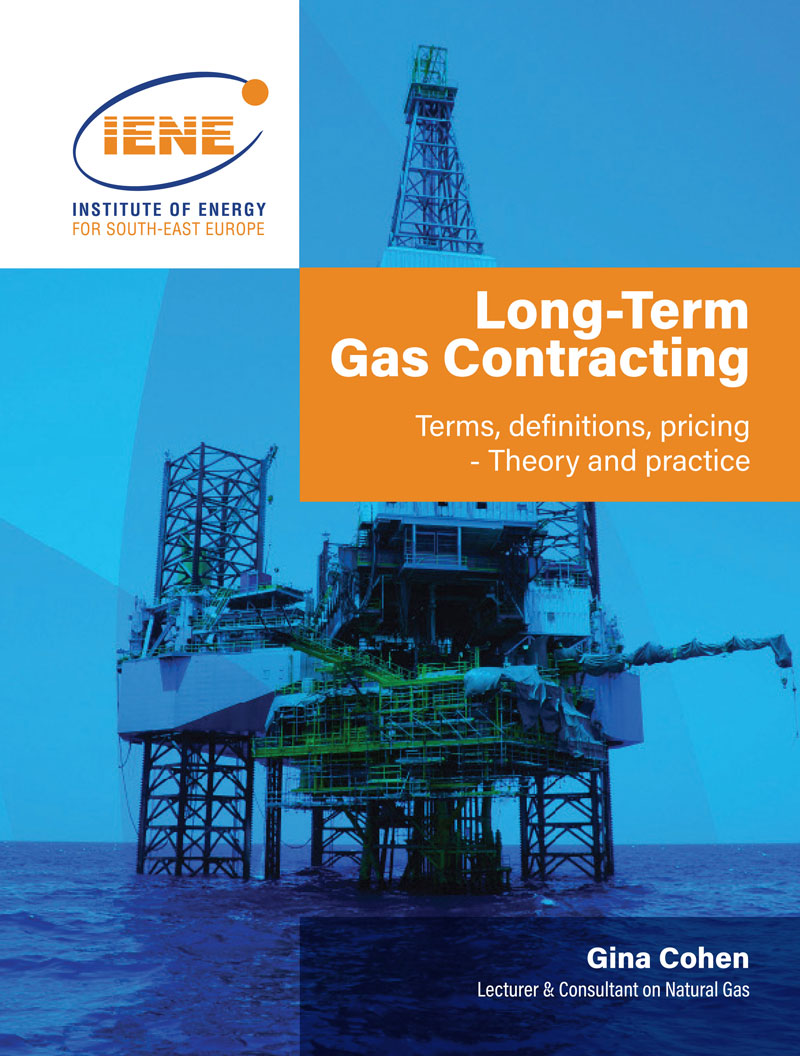 More
More


